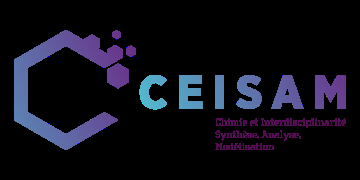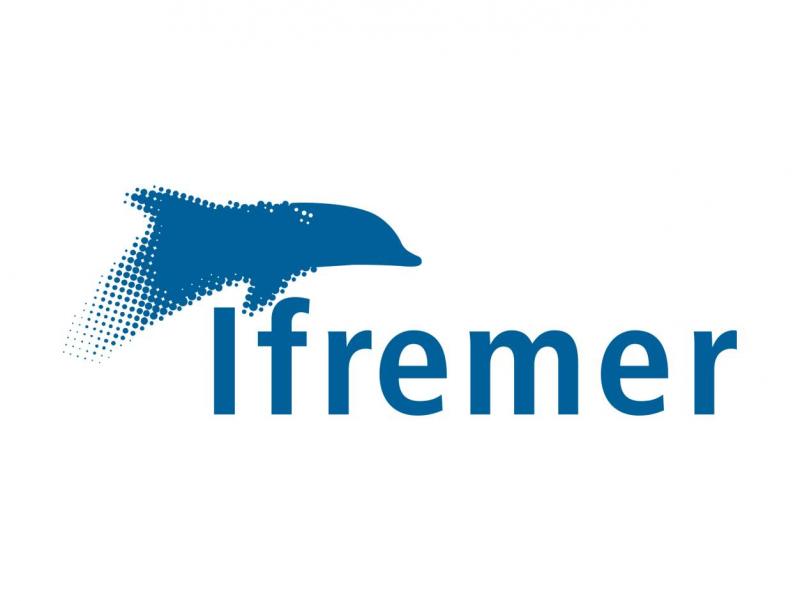Modelling the behaviour of elastomers doped with ionic liquids for displacement sensor & energy harvesting applications
| ABG-130373 | Thesis topic | |
| 2025-04-02 | Public funding alone (i.e. government, region, European, international organization research grant) |
- Materials science
- Physics
- Engineering sciences
Topic description
For the past ten years, laboratories at INSA Lyon (LGEF, ElyTMaXa, IMP and MateIS) have been collaborating with laboratories at Tohoku University (based in Sendai, Japan) on the study of electro-active polymers. In this context, we are interested in elastomers lightly doped with ionic liquids (low melting point salts). These electrode-coated materials can deform under the action of an external electric field in flexion. The origin of this deformation is the diffusion and accumulation of ions in the vicinity of the electrodes. Interestingly, after removal of the electric field, a residual anion-rich layer is observed in a stable manner. We also observed that after such a treatment, imposing a deformation on these materials generates an electrical potential difference on their electrodes, which corresponds to the conversion of mechanical energy into electrical energy.
The aim of this thesis is to improve our understanding of the behaviour of this type of material and, ideally, to predict the performance of other, untested materials in order to suggest ways of improving it. It will take the form of a Franco-Japanese collaboration (18 months in France and 18 months in Japan) to: 1) experimentally study the electro-mechanical behaviour and the evolution of the structure under stress of these new materials 2) model and simulate the effect of stress/strain fields on the local concentration of ionic charges, which modifies the electric field gradients and therefore the potential. More specifically, mechanically activated diffusion of ions will be modelled and simulated via a finite element code using experimentally determined material parameters (diffusion coefficients and dielectric permittivity). The role of the anionic layer and its structure will need to be explained, and its stability as a function of the imposed deformation is probably one of the key points in this behaviour. The results obtained could be used to propose new types of sensors or materials for energy harvesting.
Starting date
Funding category
Funding further details
Presentation of host institution and host laboratory
The thesis will initially take place on the Doua campus in Villeurbanne, mainly at the LGEF and ElytMaXa, with the possibility of working with the project's partner laboratories (IMP and MateIS). The candidate will then go to Sendai in Japan to the University of Tohoku. If the candidate is selected by a jury from the INSA Lyon doctoral school, he/she will receive a grant from the Ministry of Higher Education of around €1,700 per month (net). Travel costs between France and Japan will be covered. He/she may also be able to do some additional teaching. (a The ElyTMaX laboratory is an IRL (International Research Laboratory), part of which is based in Lyon and the other in Sendai.)
PhD title
Country where you obtained your PhD
Double degree
YesCountry where the PhD was obtained in cotutelle
Establishment awarding the doctorate in cotutelle
Candidate's profile
We are looking for a candidate with a Master's degree or an engineering degree specialising in physics and/or materials science. The candidate should have been introduced to the use of finite element methods. Given the particular context of the thesis, the candidate will also need to be mobile and adaptable. The main language of the thesis will be English. (Knowledge of French and Japanese is not required)
Vous avez déjà un compte ?
Nouvel utilisateur ?
Get ABG’s monthly newsletters including news, job offers, grants & fellowships and a selection of relevant events…
Discover our members
 CASDEN
CASDEN  Nokia Bell Labs France
Nokia Bell Labs France  ADEME
ADEME  Ifremer
Ifremer  MabDesign
MabDesign  ASNR - Autorité de sûreté nucléaire et de radioprotection - Siège
ASNR - Autorité de sûreté nucléaire et de radioprotection - Siège  TotalEnergies
TotalEnergies  SUEZ
SUEZ  Tecknowmetrix
Tecknowmetrix  Groupe AFNOR - Association française de normalisation
Groupe AFNOR - Association française de normalisation  Généthon
Généthon  ONERA - The French Aerospace Lab
ONERA - The French Aerospace Lab  Institut Sup'biotech de Paris
Institut Sup'biotech de Paris  Aérocentre, Pôle d'excellence régional
Aérocentre, Pôle d'excellence régional  MabDesign
MabDesign  ANRT
ANRT  Laboratoire National de Métrologie et d'Essais - LNE
Laboratoire National de Métrologie et d'Essais - LNE  CESI
CESI  PhDOOC
PhDOOC
-
Thesis topicRef. 130227, Pays de la Loire , France
 CEISAM - UMR CNRS 6230
CEISAM - UMR CNRS 6230Développement de Sondes Fluorescentes Multimodales pour l’Assistance à la chirurgie et la Médecine Personnalisée
Scientific expertises :Chemistry - Biology - Health, human and veterinary medicine
-
JobRef. 130080, Ile-de-France , FranceAgence Nationale de la Recherche
Chargé ou chargée de projets scientifiques bioéconomie H/F
Scientific expertises :Biochemistry
Experience level :Confirmed
-
JobRef. 129945, Bretagne , France
 IFREMER
IFREMERIngénieur en modélisation - couplage et valorisation H/F
Scientific expertises :Engineering sciences - Digital
Experience level :Confirmed







